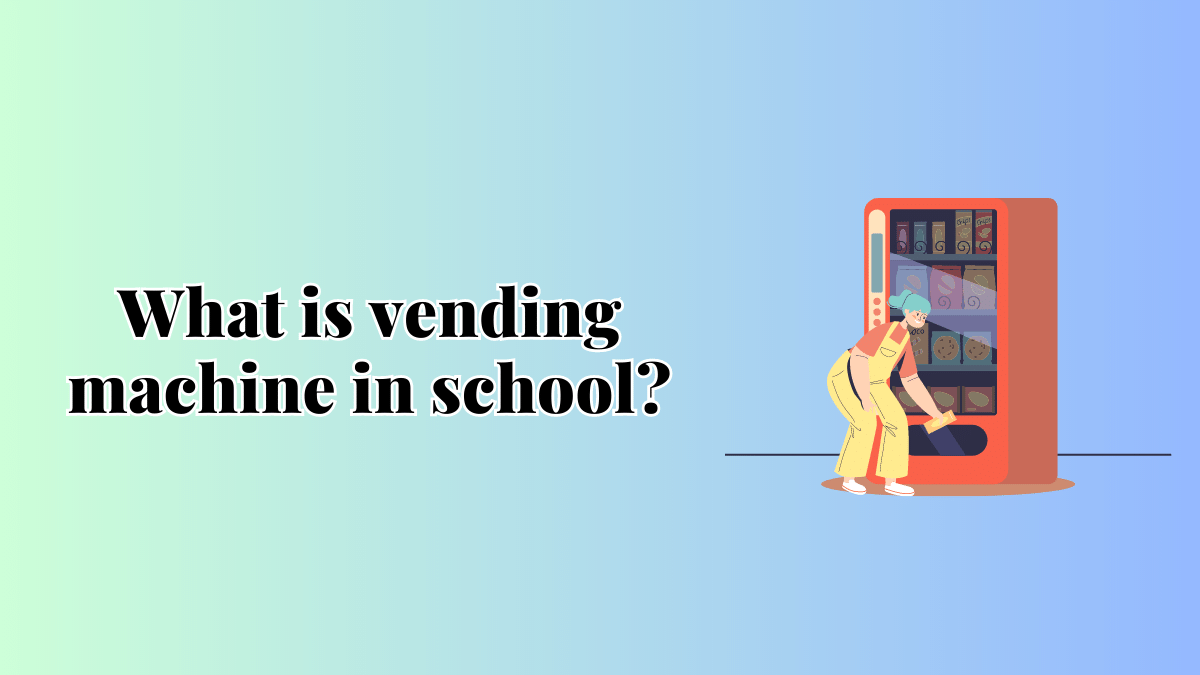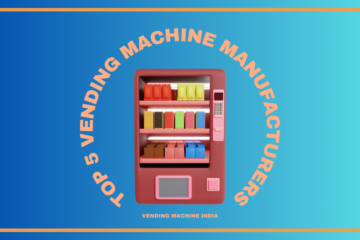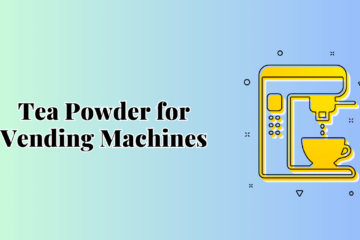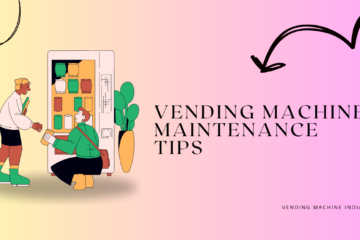Vending machines in schools have become a common sight in educational institutions worldwide. These machines offer students easy access to a variety of snacks, drinks, and sometimes even school supplies. While they are convenient and can provide a quick solution to hunger or thirst during the school day, they also raise some concerns among educators and parents. In this comprehensive guide, we’ll explore what vending machines in schools are, their pros and cons, and how schools can strike a balance between offering convenience and promoting a healthy school environment.
What is a Vending Machine in School?
A vending machine in school is an automated device that dispenses various products when money is inserted. These machines are typically stationed in common areas like cafeterias, hallways, or near the school entrance, making them easily accessible to students throughout the day.
The Benefits of Having Vending Machines in School
Vending machines offer several advantages to schools and students alike:
1. Convenience for Students
Vending machines provide a quick and accessible way for students to grab a snack or beverage between classes or during breaks, saving them time and effort.
2. Additional Revenue Source
Schools can generate additional income through vending machine contracts, which can be reinvested in educational programs or facility improvements.
3. Teaching Financial Responsibility
Interacting with vending machines can teach students about budgeting and making responsible choices with their money.
4. Support for Extracurricular Activities
Profits from vending machines can help fund extracurricular activities such as sports teams, clubs, and arts programs.
5. Addressing Food Deserts
In some schools, vending machines provide access to food and beverages in areas with limited food options, creating a valuable resource for students.
6. Availability of Healthy Options
While vending machines offer convenience, they also come with potential drawbacks:
Concerns About Vending Machines in School
1. Unhealthy Snack Choices
In some cases, vending machines may predominantly offer unhealthy snacks and sugary beverages, contributing to poor eating habits among students.
2. Impact on Nutrition and Health
Overconsumption of unhealthy snacks and drinks can lead to health issues, such as obesity and dental problems, impacting students’ well-being.
3. Interference with Lunchtime
If vending machines are easily accessible during lunchtime, students might opt for vending machine snacks instead of more nutritious school meals.
4. Distracting Element
Vending machines can be a source of distraction for students during class time, potentially affecting their focus and academic performance.
5. Environmental Impact
The excessive use of single-use packaging in vending machine products can contribute to plastic waste, negatively affecting the environment.
6. Vandalism and Maintenance Costs
Vending machines may be susceptible to vandalism, and schools must allocate resources for maintenance and repairs.
Managing Vending Machines for Success
To ensure vending machines benefit students without compromising their health and well-being, schools can implement the following strategies:
1. Offer Balanced Options
Work with vending machine suppliers to stock a variety of nutritious snacks, beverages, and even school supplies.
2. Limit Accessibility
Restrict vending machine access during lunch hours to encourage students to choose healthier, well-balanced meals.
3. Educate Students on Nutrition
Provide students with education on nutrition and healthy eating habits, empowering them to make better choices when using vending machines.
4. Opt for Eco-Friendly Products
Encourage suppliers to use eco-friendly packaging to reduce the environmental impact of vending machine products.
5. Monitor and Analyze Usage
Regularly analyze vending machine usage data to identify trends and adjust product offerings accordingly.
6. Promote Physical Activity
Encourage physical activity and exercise among students to balance any potential negative effects of vending machine products.
FAQs about Vending Machines in School
Q: Are vending machines allowed in all schools?
A: The permissibility of vending machines in schools varies depending on school policies and regulations. Some schools may choose to have them, while others may not.
Q: Can vending machines be profitable for schools?
A: Yes, vending machines can generate additional revenue for schools, especially if they are strategically placed and offer popular products.
Q: How can schools ensure vending machines offer healthy options?
A: Schools can work closely with vending machine suppliers to curate a selection of nutritious snacks and drinks, promoting healthier choices.
Q: Are there any age restrictions on vending machine products?
A: Yes, certain products like energy drinks or items with explicit content may have age restrictions in some regions.
Q: Do vending machines replace school meals entirely?
A: Vending machines should not replace school meals entirely. Schools must prioritize providing well-balanced, nutritious meals to students.
Q: Can schools use profits from vending machines as they wish?
A: Schools usually have the flexibility to allocate vending machine profits for various purposes, such as supporting extracurricular activities or investing in school improvements.
Conclusion
Vending machines in schools can be a valuable asset, providing convenience and generating extra revenue. However, schools must carefully manage vending machines to ensure they promote healthy eating habits and do not compromise the well-being of students. By offering balanced options, educating students on nutrition, and encouraging eco-friendly practices, schools can create a positive vending machine experience for everyone involved.




